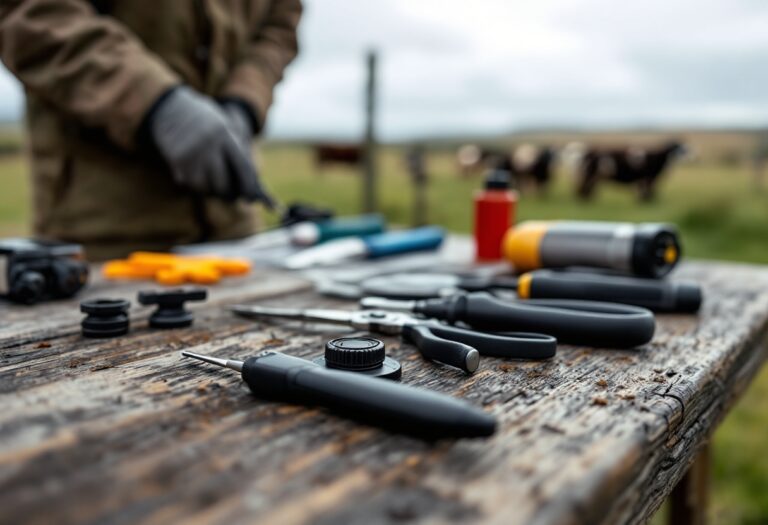Shetland students gain hands-on experience in animal disease diagnostics and management.

Topics covered
In an unexpected yet vital initiative, secondary school students in Shetland have been immersed in the world of animal disease control, gaining practical laboratory experience that connects directly to livestock health. This program, orchestrated by the Moredun and James Hutton research institutes, aims to bridge the gap between scientific knowledge and real-world agricultural practices.
Hands-on learning experiences
The week-long program, funded by the Scottish Environment, Food and Agriculture Research Institutions, featured a series of workshops, diagnostic demonstrations, and community engagement events. Students, many of whom come from farming backgrounds, were introduced to the critical role of diagnostics in managing animal health.
Through role-playing scenarios, they simulated a situation where a veterinarian was called to assess a flock of sick sheep, allowing them to understand the practical applications of their studies.
Exploring STEM in agriculture
During the practical sessions, students utilized their science, technology, engineering, and mathematics (STEM) skills to examine parasite samples under a microscope, detect antibodies, and explore DNA analysis techniques.
These activities not only enhanced their understanding of animal health but also illustrated how scientific advancements can significantly impact local farming communities. The initiative emphasized the importance of diagnostics in improving livestock health and productivity.
Community engagement and farmer collaboration
Each school visit was complemented by a community event held in the Biobus, a mobile science lab. Local farmers and crofters had the opportunity to interact with researchers, learn about practical diagnostic tools such as fecal egg counting, and participate in demonstrations. Farmers were encouraged to bring fecal samples from their sheep, fostering a hands-on learning environment that highlighted the importance of targeted parasite treatments in preventing drug resistance.
Future prospects for animal health education
The outreach program also included a special session with a local veterinary practice, providing updates on best practices for animal health and welfare. Discussions covered new control methods for common parasites, benefiting both sheep and horse owners. Moredun research scientist Beth Wells noted the enthusiasm from participants, stating that the week laid the groundwork for future educational and collaborative efforts. Plans are already in motion to expand STEM activities throughout the islands, fostering a network for disease management among Scottish island communities.
As interest from farmers extends beyond their own operations, there is a growing eagerness to collaborate and share insights on animal health management. The positive feedback from teachers, students, farmers, and veterinarians indicates a strong desire for these educational initiatives to become a staple in Shetland’s academic landscape, ultimately enhancing the sustainability and productivity of local agriculture.




